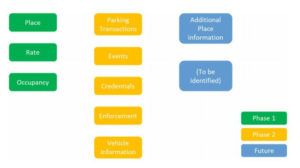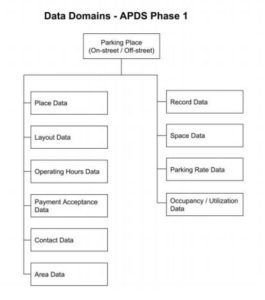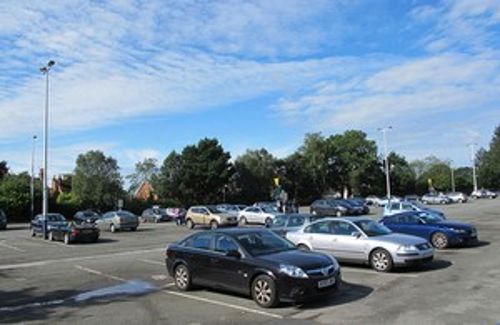In the world’s first initiative of its type, the UK Government has introduced new national parking data standards that could mean the end of outdated systems, reduce traffic looking for vacant spaces, improve the driver experience, and revolutionize the parking industry.
By introducing the new standards, the government’s ambition is for all parking data released by local councils and companies across the country to use the same language, supporting the development of smartphone applications to make parking easier for drivers. Created by the international Alliance for Parking Data Standards (APDS) and funded by the UK Department for Transport (DfT), the standardized data could lead to smoother and easier payment methods right across the country and could transform the way people park. The APDS was formed by the International Parking & Mobility Institute (IPMI), the British Parking Association (BPA), and the European Parking Association (EPA), and is a not-for-profit organization with the mission to develop, promote, manage, and maintain a uniform global standard that will allow organizations to share parking data across platforms worldwide.
Following the publication of the UK Government’s ‘Future of mobility: urban strategy’ report in March, the standardization initiative is a world-first for parking. By helping to streamline the parking experience and making it easier for drivers to find a suitable parking place, the standards could ultimately free up crucial space, easing congested cities, and boosting the country’ high streets. To support the introduction of the standards, four research and development projects led by Manchester City Council, Oxfordshire County Council, Cambridgeshire County Council and a consortium of South Essex Councils will receive a share of £1m (US$1.2m) to start putting the APDS standards into practice, with a further seven projects being commissioned to identify ways to open up local authority data.
The development of the new standardized parking language will make it easier for local authorities and private companies to exchange data, ensuring cars of the future navigate both driver and passengers to an available space based on the price, quality of the space, safety of the space, and availability of on-site services, including those that are near to electric vehicle (EV) chargepoints.
“We are on the brink of a revolution for the future of transport, with ground-breaking technologies creating huge opportunities for cleaner, cheaper, safer and more reliable journeys,” noted UK Future of Mobility Minister, Michael Ellis. “We now need to ensure the infrastructure surrounding these technologies is in place and can accommodate these innovations. The new parking data standards will bring government, private organizations and technologies together to ensure a smoother parking experience for drivers.”
Chair of both the BPA and APDS, Nigel Williams, said, “The new standards will enable the next generation of apps and connected cars to find a parking space, park and pay, with little or no intervention from the driver. The involvement of the British Parking Association in APDS has ensured that the UK is at the forefront of innovation to improve the customer experience of parking.”





